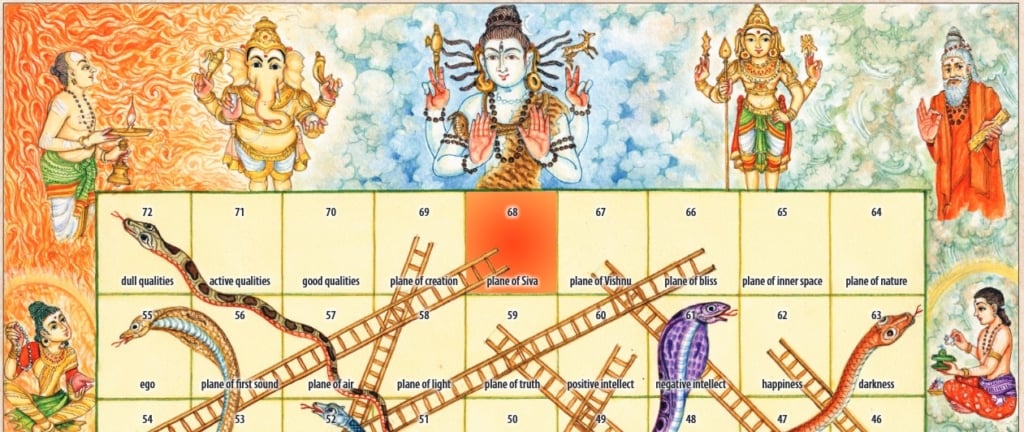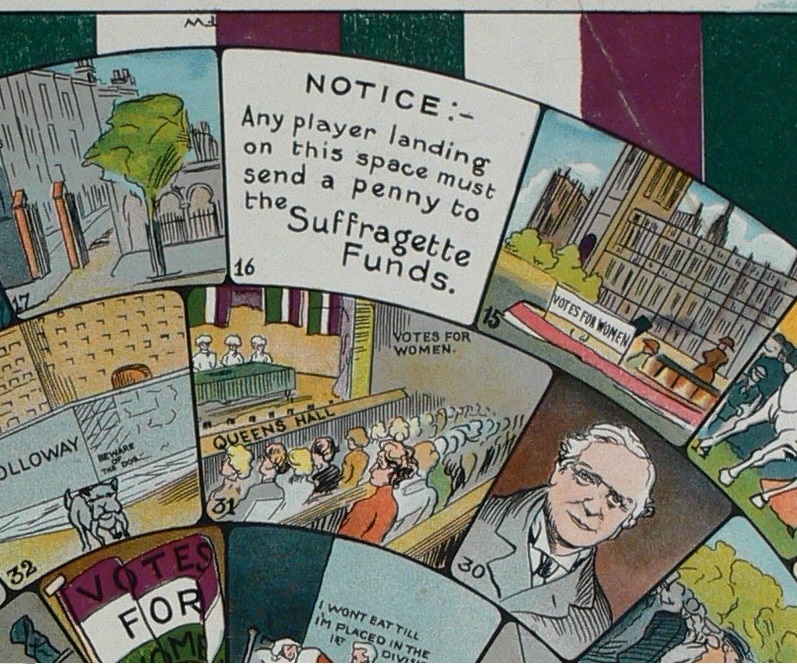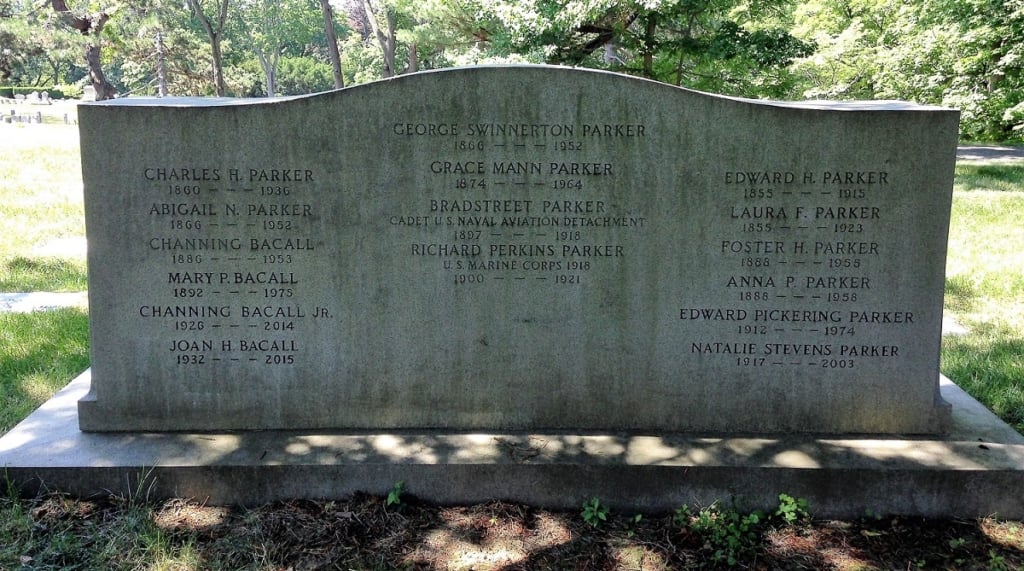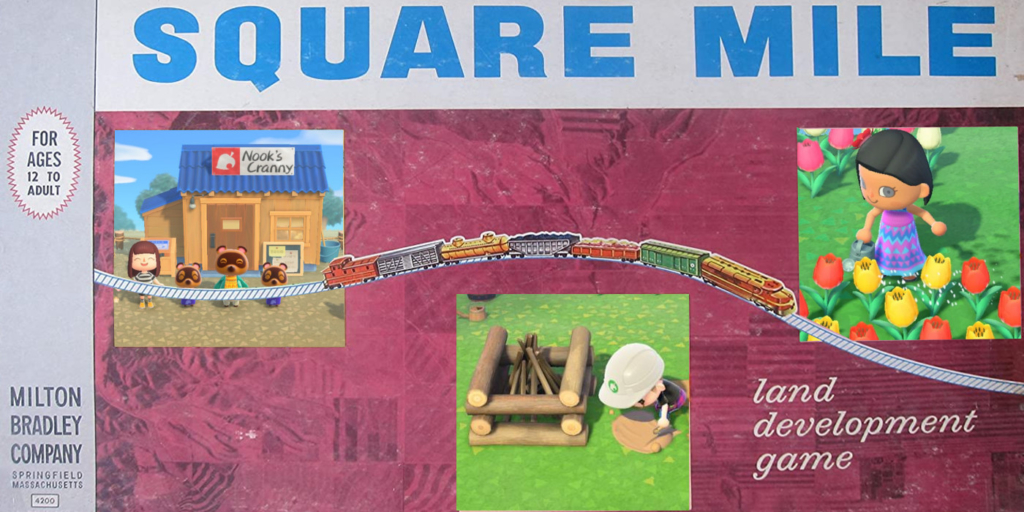Board Games Retro: The Founding Parker Brother Hated Ethics and Morality in Games
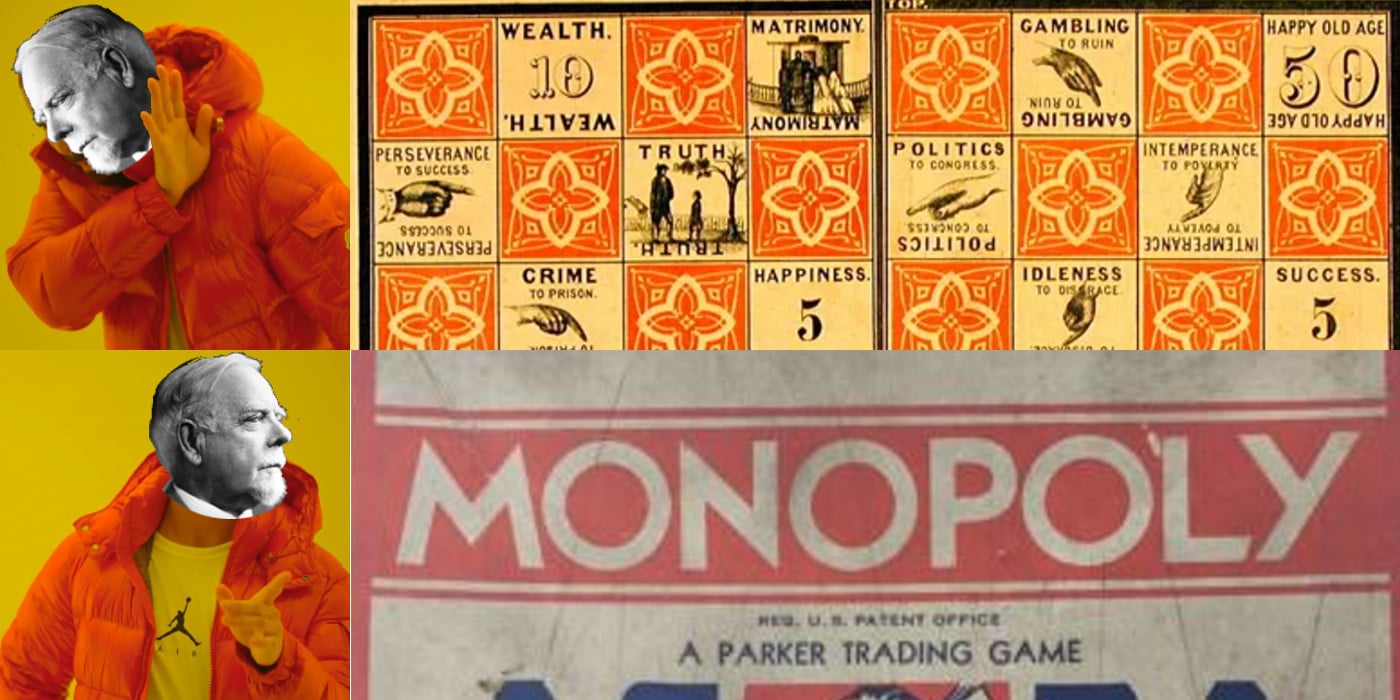

That explains everything I needed to know about how and why Monopoly is the way that it is.
It’s often I find that people don’t really listen to the names of things. I do it all the time. What I mean by that is when you say a brand name like Milton Bradley or Parker Brothers, it’s easy to not realize the Parker brothers were probably real people. It’s not just a name, it’s a people’s names’s!
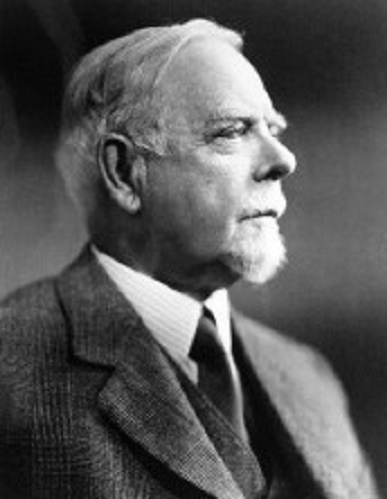 Possessive grammar is hard. What am I, a professional journalist?
Possessive grammar is hard. What am I, a professional journalist?
Gaming today is great. It’s straightforward and simple. Games nowadays are fun and enjoyable. There’s no discourse or agenda, in any political or ethical way. No not-so-subtle hidden meanings from the underlying gameplay. Nothing to get upset over and start spewing hateful rhetoric. Nothing but people having fun playing games and having a few laughs.
But it wasn’t always that way. Games used to be an avenue for political, social or religious messages. Such as Snakes and Ladders being a metaphor for the unwavering hand of karmic retribution.
Or how Pank-A-Squith helped promote women’s suffrage.
Or even our old buddy Milton Bradley using The Game of Life to promote his religious views of morality.
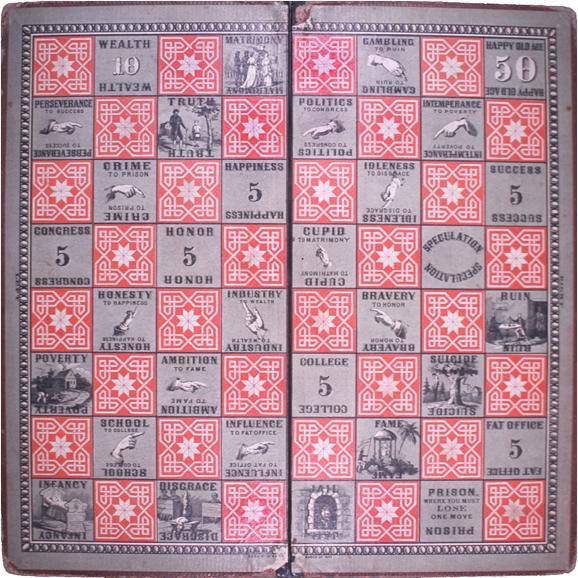 It’s just Snakes and Ladders again, honestly.
It’s just Snakes and Ladders again, honestly.
That’s not to say these messages are bad. In fact, I might even go so far as to say I think giving women the right to vote was a good idea. Pretty radical point of view, I know. But I stand by it. Also, the current year is 1910, right? I’ve completely lost track.
But regardless of the message within the game, that’s not something George Swinnerton Parker could stand. So at the age of 16 and with a penchant for game design, he wanted to break the mold. He wanted to design something with absolutely no ethics and no hint of morality.
So he created Banking.
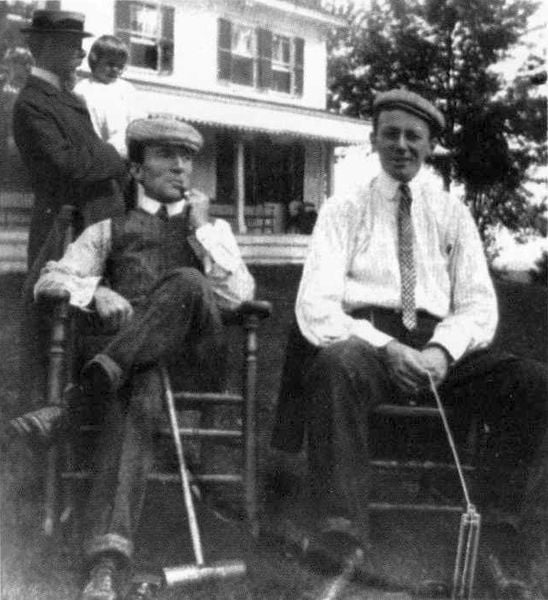 Is the joke still subtle if I point it out in a subtitle caption?
Is the joke still subtle if I point it out in a subtitle caption?
The game Banking was based off of a game called Everlasting, a card game which was meant to teach children religious morality. George Swinnerton Parker wanted games to just be enjoyable, so he re-wrote the cards and changed a few rules and turned it into an economic game where players would borrow money from the bank, then draw from a deck of 160 cards to determine their luck on their return.
It was a huge hit with his friends and family in Salem, Massachusetts. Most importantly, with his brother Charles, who, in 1883, encouraged George to get the game published. He was turned down by 2 Bostonian book publishers before he found a company willing to print 500 sets of the game for $40 (about $1000 today). By the end of the year, he’d sold all but two dozen copies and made a $100 profit (~$2700 today). Not bad for ol’ GSP.
 This visual joke requires a very specific cross of interests.
This visual joke requires a very specific cross of interests.
Later that year, George founded his own company, with the encouragement of Charles. Two years after its founding, Charles joined the company officially changing the Geo. S. Parker & Company into Parker Brothers. In addition to publishing their own games, they designed most of them as well. To help boost sales, they also advertised their games in newspapers and magazines, which was unheard of at the time.
Within 2 years, the brothers had published 29 games, most of which were designed by George. Don’t worry, you’ve never heard of any of them.
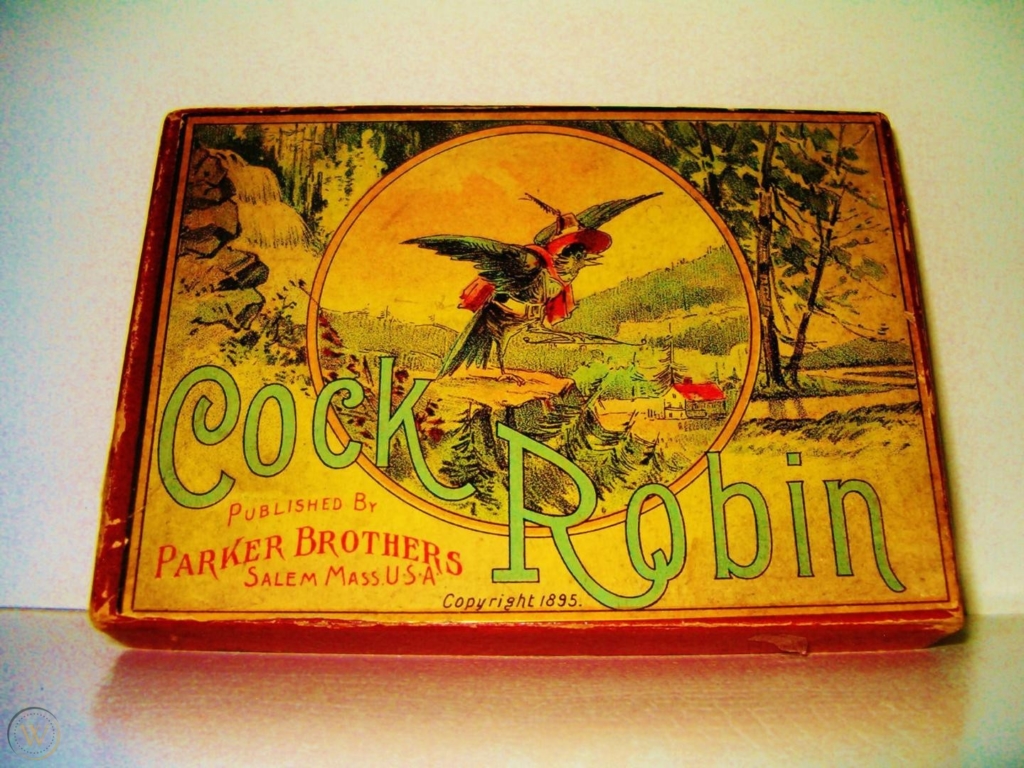 Unless you’re in the competitive Cock Robin scene. Or Cock Robins, as they like to be called.
Unless you’re in the competitive Cock Robin scene. Or Cock Robins, as they like to be called.
It wasn’t until 50 years later in 1935, with the release of a little game called Monopoly that the company exploded (in the good way). Although they had also found great success with a game called Rook, released in 1906.
George Swinnerton Parker died in 1952, at the age of eighty six in Boston. He was buried in Harmony Grove Cemetery in Salem.
Thus ends the tale of a man who hated being taught a lesson so badly, he founded his own company to avoid it. What a legend.
Thanks for reading!


